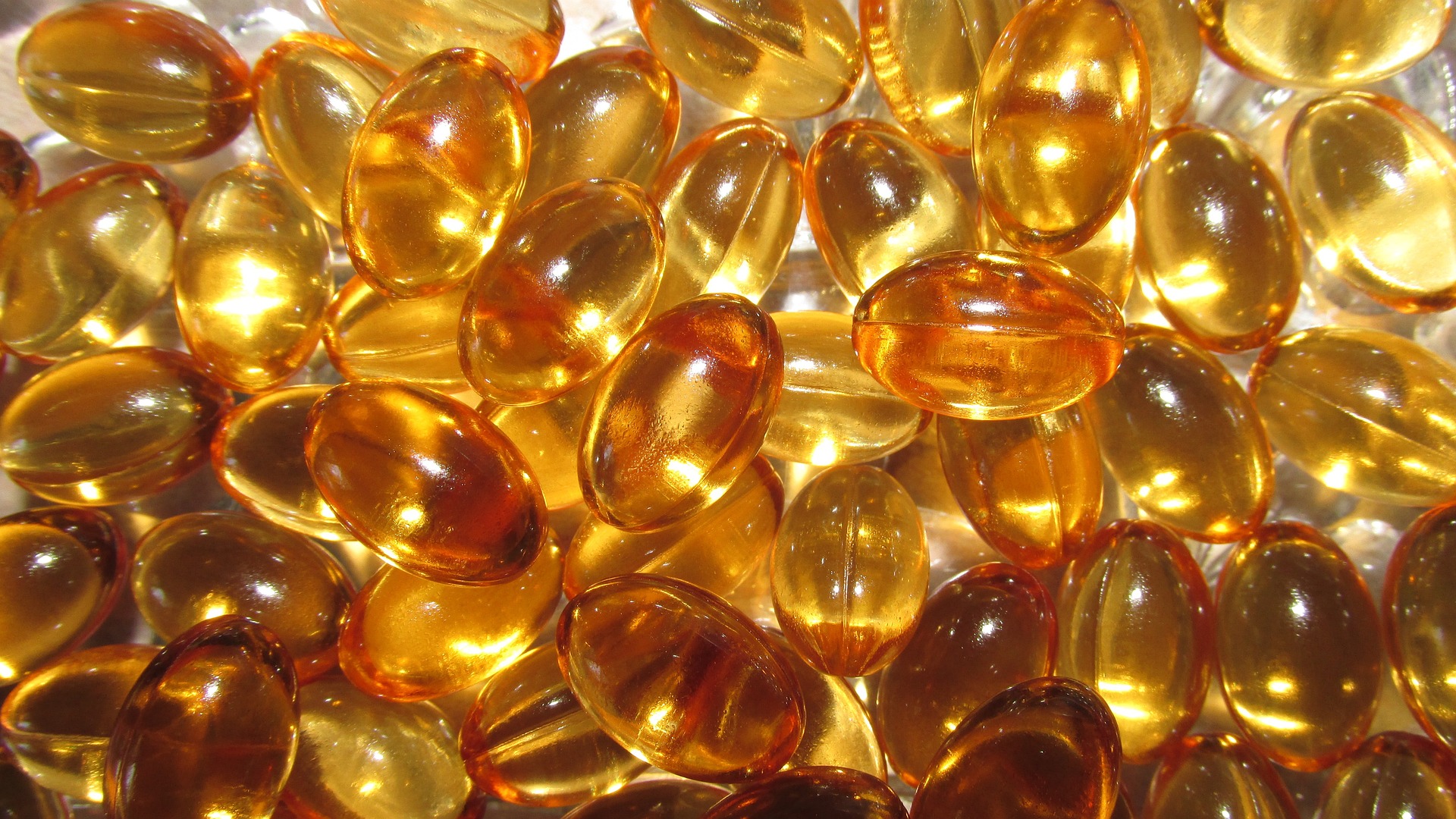Vitamin E and the Many Reasons for its Greatness
Vitamin E plays a vital role as an antioxidant reducing the risk of chronic illness and reducing the aging process
3/7/2023

Vitamin E is a fat-soluble vitamin that plays an essential role in the body's immune system and the protection of cells from oxidative damage. It is a group of eight compounds, including four tocopherols and four tocotrienols, each with unique biological properties. The recommended daily intake of vitamin E varies depending on age and gender, but adults typically require between 15 and 20 mg per day. In this document, we will explore the many benefits of vitamin E and the scientific evidence supporting its role in promoting health and wellness.
Antioxidant properties
Vitamin E is well-known for its antioxidant properties, which protect cells from damage caused by free radicals. Free radicals are unstable molecules that can damage cells and contribute to the development of chronic diseases such as cancer and heart disease. Vitamin E acts as a powerful antioxidant, neutralizing free radicals and protecting cells from damage. This can help to reduce the risk of chronic diseases and slow the aging process.
Research has shown that individuals with low levels of vitamin E may have a higher risk of developing chronic diseases such as heart disease, cancer, and Alzheimer's disease. Studies have also shown that individuals who consume higher amounts of vitamin E may have a lower risk of developing these diseases. For example, a study published in the American Journal of Epidemiology found that individuals with higher vitamin E intake had a lower risk of developing heart disease than those with lower intake.
Heart health
The antioxidant properties of vitamin E make it particularly beneficial for heart health. Oxidative stress can damage blood vessels and contribute to the development of heart disease. Vitamin E helps to protect against oxidative stress by neutralizing free radicals and reducing inflammation.
Studies have shown that vitamin E supplementation can improve various markers of heart health. For example, a study published in the New England Journal of Medicine found that vitamin E supplementation reduced the risk of heart attack by 77% in women with a history of heart disease. Another study published in the American Journal of Clinical Nutrition found that vitamin E supplementation reduced the risk of coronary heart disease in men.
Brain health
Vitamin E may also play a role in brain health. The brain is particularly vulnerable to oxidative damage, and this damage can contribute to the development of cognitive decline and Alzheimer's disease. Vitamin E's antioxidant properties may help to protect against this damage. Several studies have investigated the role of vitamin E in cognitive decline and Alzheimer's disease. For example, a study published in the Journal of the American Medical Association found that vitamin E supplementation slowed the progression of Alzheimer's disease in individuals with moderate-to-severe impairment. Another study published in the Archives of Neurology found that high levels of vitamin E intake were associated with a reduced risk of cognitive decline in older adults.
Skin health
Vitamin E may also have benefits for skin health. The skin is exposed to a variety of environmental stressors, including pollution, UV radiation, and toxins. These stressors can damage skin cells and contribute to premature aging. Vitamin E's antioxidant properties may help to protect against this damage.
Studies have shown that vitamin E can improve various markers of skin health. For example, a study published in the Journal of Investigative Dermatology found that topical application of vitamin E reduced UV-induced damage to the skin. Another study published in the Journal of Cosmetic Dermatology found that oral supplementation with vitamin E improved skin hydration and elasticity in postmenopausal women.
Eye health
Vitamin E may also be beneficial for eye health. The eye is particularly vulnerable to oxidative damage, and this damage can contribute to the development of age-related macular degeneration (AMD). Vitamin E's antioxidant properties may help to protect against this damage.
Overall, vitamin E has proven itself to be an effective resource toward a more healthy, aging and robust body.






